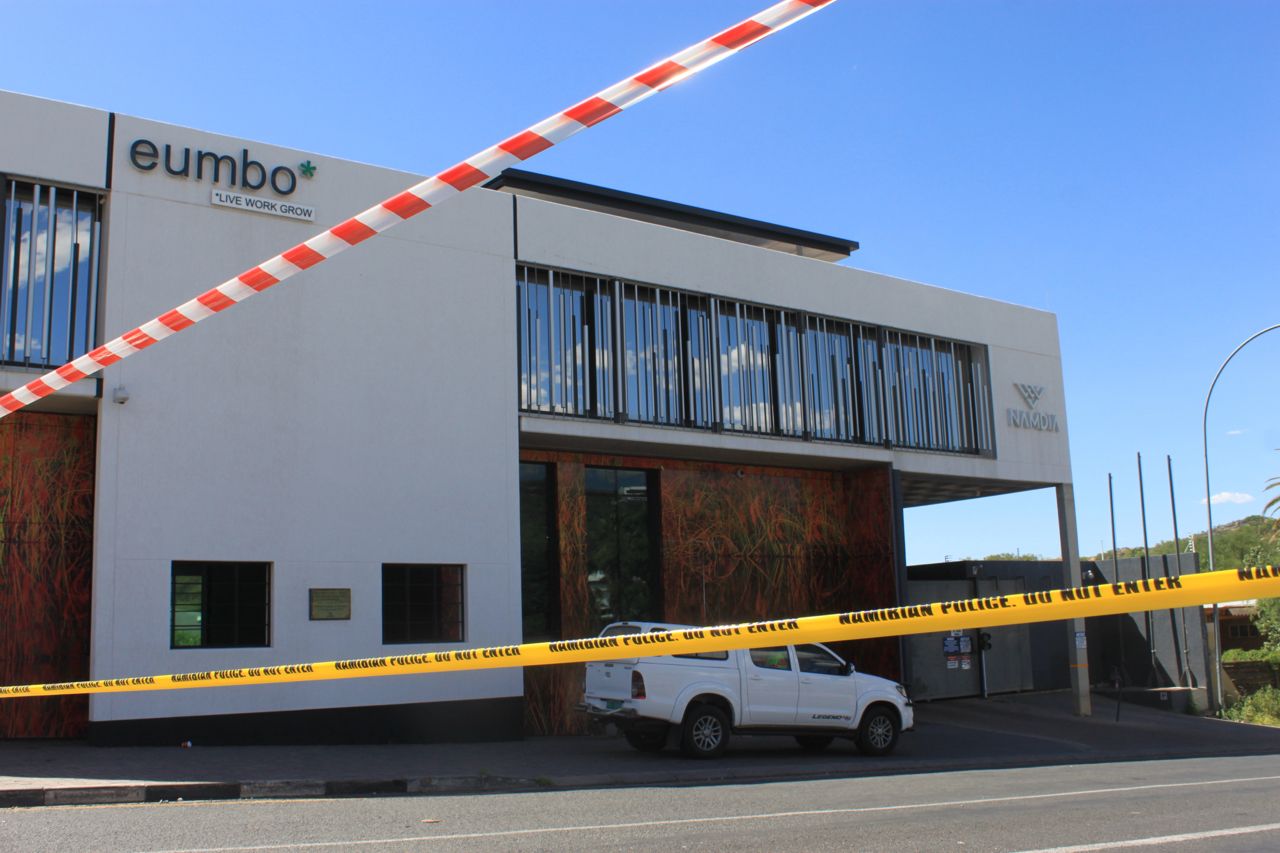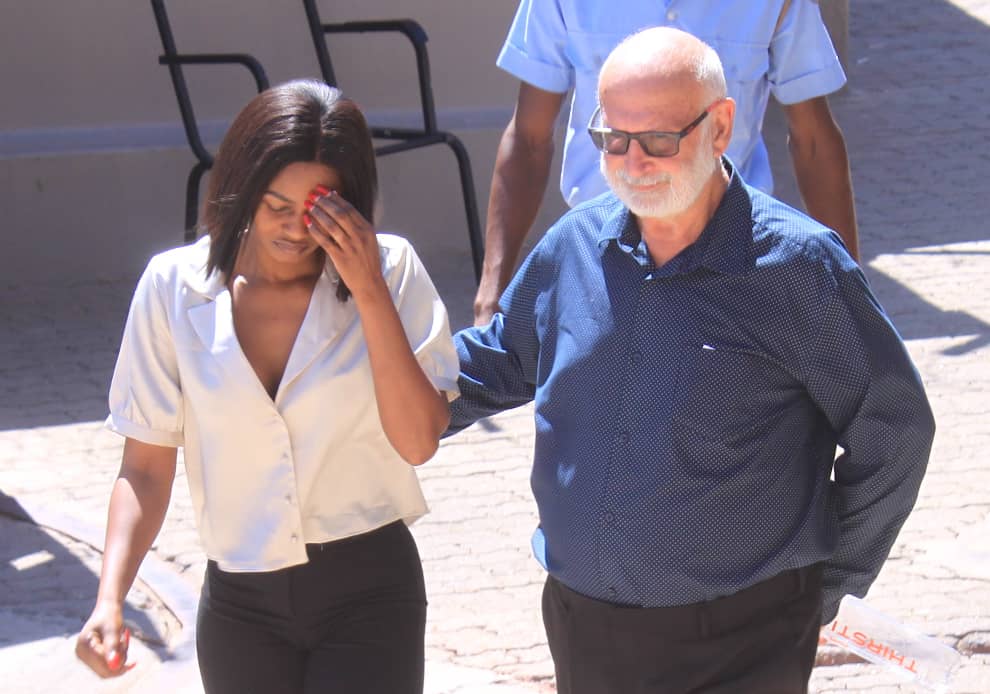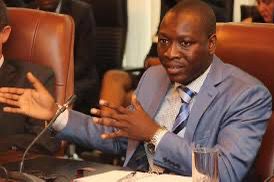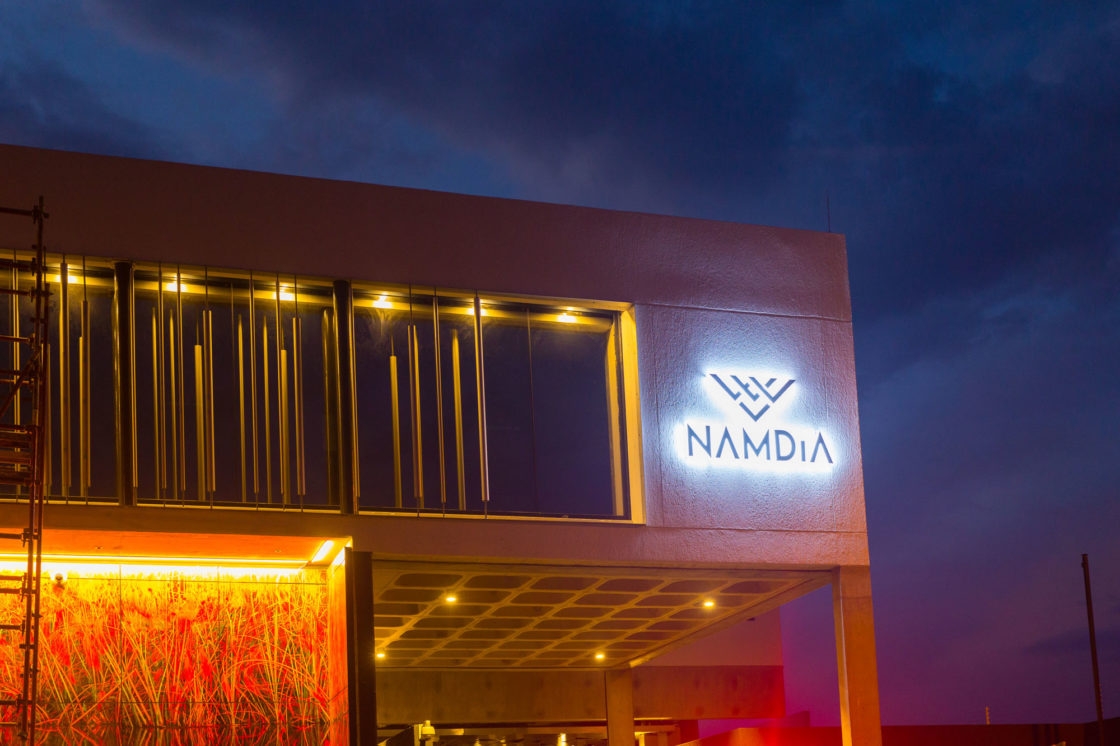JOHANNESBURG – Africa has urged the Group of Eight (G8) industrialised countries to deliver billions of dollars in aid they pledged under a plan to improve governance and growth on the world’s poorest continent.
The New Partnership for Africa’s Development (Nepad) is a home-grown economic rescue plan aimed at boosting foreign investment in Africa, which gets a tiny percentage of the global total. It aims for improved governance in exchange for donor dollars and private foreign investment.”Our concern is that we have been feeding on promises from foreign partners such as the G8 but there have been no disbursements and that’s a big issue,” Nigerian Foreign Minister Olu Adeniji, chairman of a Nepad ministerial panel, said at the close of a Nepad conference in Johannesburg.Adeniji echoed Nigerian President Olusegun Obasanjo – chairman of the 53-member African Union – who said on Friday that support pledged by the G8 had “not been actively and successfully followed up”.Adeniji said Nepad faced a major test on a sceptical continent, which wanted to see proof that governments were committed to improved governance, fighting corruption and investment in major hurdles such as fighting HIV and AIDS.The bulk of people carrying HIV or AIDS are from Africa.”Africa cannot afford to end up in failure again.Nepad is about implementing projects and we need to vigorously pursue that.The past three years have been spent on talk and awareness and no more time for that is left,” said Adeniji, in South Africa for Nepad’s third anniversary party.On Friday, Nepad Chief Executive Officer Wiseman Nkuhlu said the African Development Bank (AfDB) had approved US$580 million (N$3,7 billion) and the World Bank US$570 million for energy and infrastructure in West and southern Africa.But Adeniji said more cash was required to meet the continent’s massive growth needs.He said Africa wanted the West to cancel its huge debt and open their markets to African goods to spur rapid growth.Adeniji also rebuked Africans for failure to meet their own promises.He said few governments had met an agreement to increase budget funding on agriculture to 10 per cent of gross domestic product, while funding for health had stagnated or diminished and problems like AIDS were on the rise.Adeniji said political commitment was shown by growing support for “peer review”, under which governments submit themselves for a governance rating by a Nepad panel.The first score cards under peer review are expected in March 2005.Rwanda, Ghana, Kenya and Mauritius are the first countries under the microscope, said peer review head Marie-Angelique Savane of Senegal.-Nampa-ReutersIt aims for improved governance in exchange for donor dollars and private foreign investment.”Our concern is that we have been feeding on promises from foreign partners such as the G8 but there have been no disbursements and that’s a big issue,” Nigerian Foreign Minister Olu Adeniji, chairman of a Nepad ministerial panel, said at the close of a Nepad conference in Johannesburg.Adeniji echoed Nigerian President Olusegun Obasanjo – chairman of the 53-member African Union – who said on Friday that support pledged by the G8 had “not been actively and successfully followed up”.Adeniji said Nepad faced a major test on a sceptical continent, which wanted to see proof that governments were committed to improved governance, fighting corruption and investment in major hurdles such as fighting HIV and AIDS.The bulk of people carrying HIV or AIDS are from Africa.”Africa cannot afford to end up in failure again.Nepad is about implementing projects and we need to vigorously pursue that.The past three years have been spent on talk and awareness and no more time for that is left,” said Adeniji, in South Africa for Nepad’s third anniversary party.On Friday, Nepad Chief Executive Officer Wiseman Nkuhlu said the African Development Bank (AfDB) had approved US$580 million (N$3,7 billion) and the World Bank US$570 million for energy and infrastructure in West and southern Africa.But Adeniji said more cash was required to meet the continent’s massive growth needs.He said Africa wanted the West to cancel its huge debt and open their markets to African goods to spur rapid growth.Adeniji also rebuked Africans for failure to meet their own promises.He said few governments had met an agreement to increase budget funding on agriculture to 10 per cent of gross domestic product, while funding for health had stagnated or diminished and problems like AIDS were on the rise.Adeniji said political commitment was shown by growing support for “peer review”, under which governments submit themselves for a governance rating by a Nepad panel.The first score cards under peer review are expected in March 2005.Rwanda, Ghana, Kenya and Mauritius are the first countries under the microscope, said peer review head Marie-Angelique Savane of Senegal.-Nampa-Reuters
Stay informed with The Namibian – your source for credible journalism. Get in-depth reporting and opinions for
only N$85 a month. Invest in journalism, invest in democracy –
Subscribe Now!









